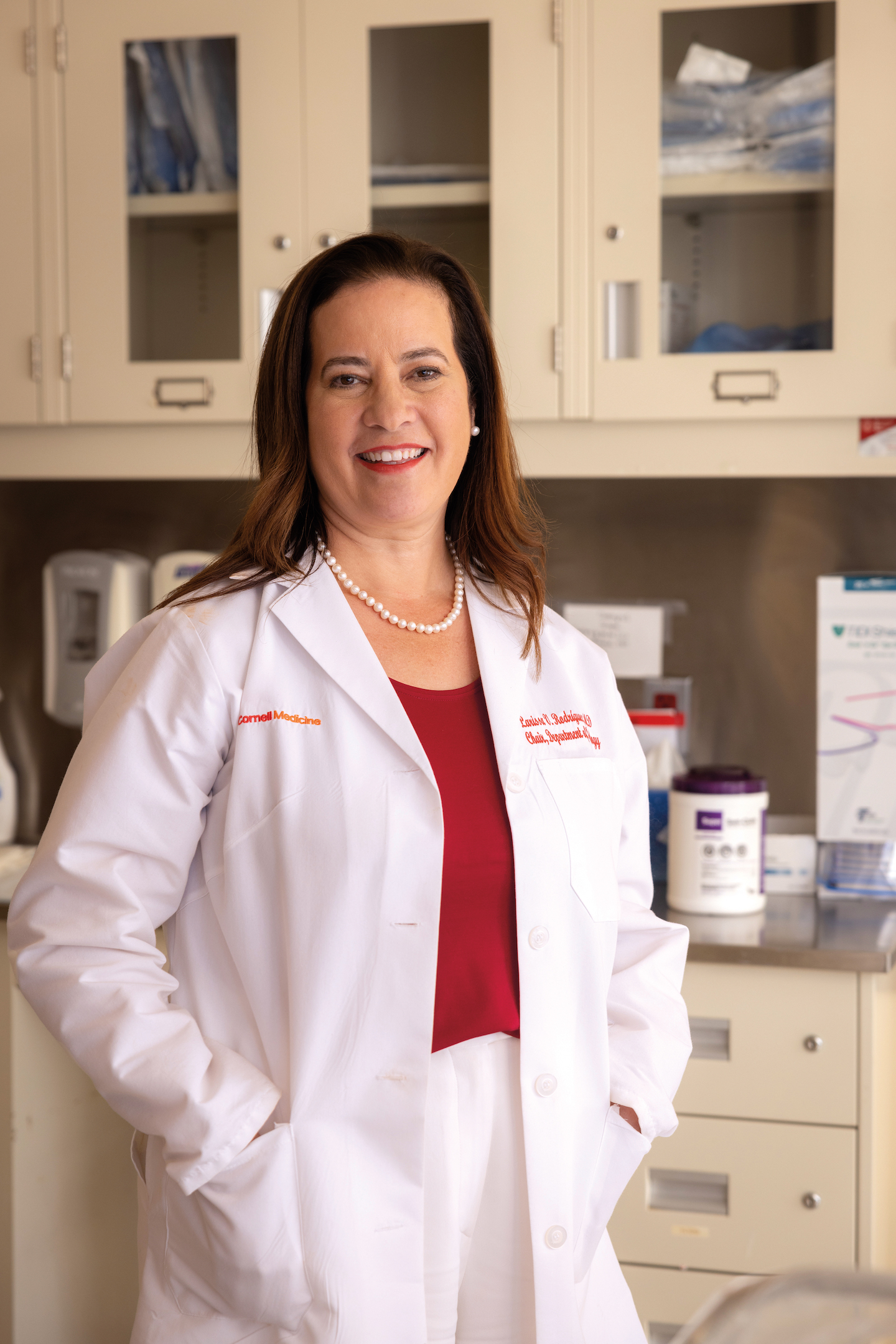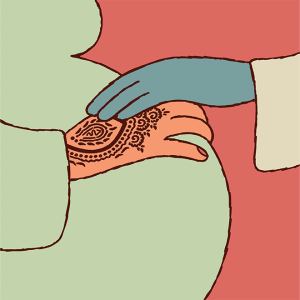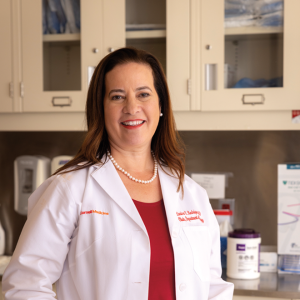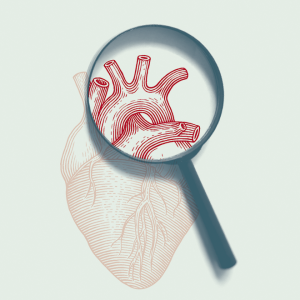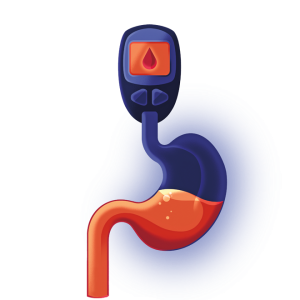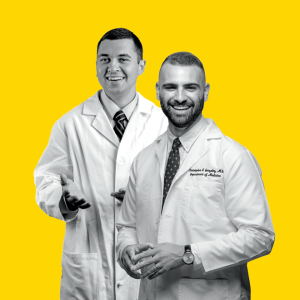Her gynecologist advised her to live with the condition, saying the rectocele was not large enough to merit surgery, but the problem grew worse. Then Scalici, a retired nurse from Staten Island, researched and found Dr. Larissa Rodríguez, chair of urology at Weill Cornell Medicine and urologist-in-chief at NewYork-Presbyterian/Weill Cornell Medical Center.
In addition to the rectocele, Dr. Rodríguez was able to determine that Scalici also was suffering from significant uterine prolapse, which was accounting for part of her symptoms. Under Dr. Rodríguez ’s care, Scalici underwent a procedure in which her uterus was suspended and the rectocele corrected. Recovery took time. “But I would do it again in a heartbeat if I had to,” says Scalici. “Dr. Rodríguez changed my life.”
Having a vaginal delivery is the main risk for developing pelvic floor disorders, which include urinary and fecal incontinence and vaginal prolapse, in which organs can fall out of their normal position because of weakness in the pelvic floor muscles. These conditions can go untreated because they are not life-threatening or because patients are reluctant to divulge a problem they regard as taboo or a natural by-product of aging, says Dr. Rodríguez , who is also director of the new Center for Female Pelvic Health at Weill Cornell Medicine.
And yet, as she points out: “These conditions affect overall health and quality of life when patients are restricted in what they can do.”
Urinary frequency and incontinence at night can lead to falls, broken hips and an end to independent living. Organ prolapse can affect a patient’s ability to sit for long periods of time and be a barrier to intimacy. Additionally, says Dr. Rodríguez: “Almost every cohort study has shown a huge association between depression and anxiety and urinary incontinence or other pelvic floor issues.”
The Center for Female Pelvic Health is designed to be a “one-stop shop” to address these interrelated issues, says Dr. Rodríguez, and includes urologists and gynecologists who specialize in urogynecology, colorectal surgeons, rehabiliation medicine specialists and physical therapists to address all aspects of pelvic muscle dysfunction.
“I want women to know that they’re not alone,” says Dr. Rodríguez, “that this happens to a lot of women, that they’re entitled to talk about it, to know about treatments and to have treatments available to them, that they do not have to suffer in silence.”
Photo: John Abbott
